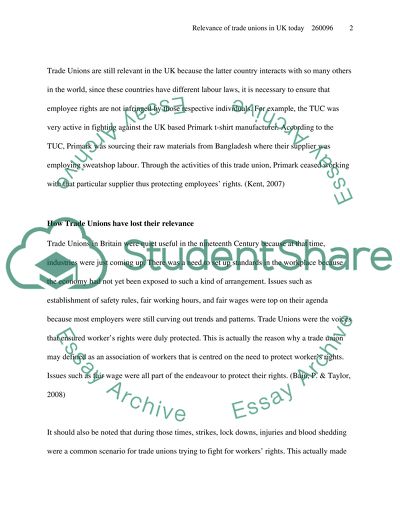Cite this document
(“Are Trade Unions still relevant Essay Example | Topics and Well Written Essays - 2500 words”, n.d.)
Are Trade Unions still relevant Essay Example | Topics and Well Written Essays - 2500 words. Retrieved from https://studentshare.org/miscellaneous/1511825-are-trade-unions-still-relevant
Are Trade Unions still relevant Essay Example | Topics and Well Written Essays - 2500 words. Retrieved from https://studentshare.org/miscellaneous/1511825-are-trade-unions-still-relevant
(Are Trade Unions Still Relevant Essay Example | Topics and Well Written Essays - 2500 Words)
Are Trade Unions Still Relevant Essay Example | Topics and Well Written Essays - 2500 Words. https://studentshare.org/miscellaneous/1511825-are-trade-unions-still-relevant.
Are Trade Unions Still Relevant Essay Example | Topics and Well Written Essays - 2500 Words. https://studentshare.org/miscellaneous/1511825-are-trade-unions-still-relevant.
“Are Trade Unions Still Relevant Essay Example | Topics and Well Written Essays - 2500 Words”, n.d. https://studentshare.org/miscellaneous/1511825-are-trade-unions-still-relevant.


